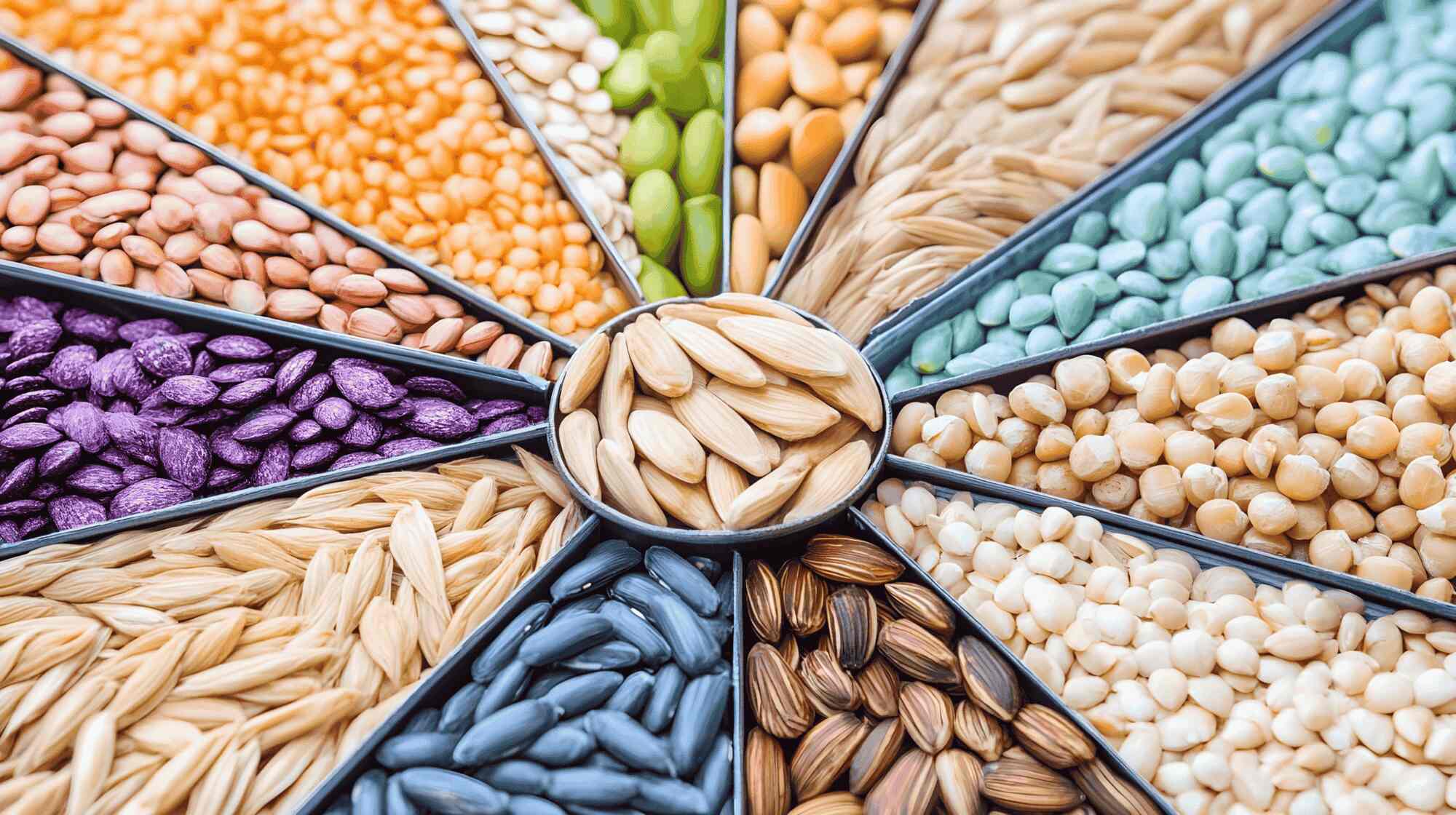
Alibaba’s Singles’ Day report card
You may be surprised to learn that the World’s largest shopping day is not Black Friday, Cyber Monday, or even Boxing day. It is Singles’ Day, or as Alibaba calls it – the 11.11 Global Shopping Festival. The event began as a cheeky counterpoint to all other retail celebrations that revolve around someone buying a gift and giving it to someone else.
Think of Valentine’s day, birthdays, anniversaries, Christmas, etc. The twist is that on Singles’ Day, you buy a gift and give it to yourself! From Alibaba’s perspective, it also helped to fill the gap between China’s Golden Week national holiday in October and Chinese New Year in late January/early February.
This year’s Singles’ Day (November 11th) was its 10th anniversary, so Alibaba pulled out all the stops… wall to wall media coverage, major celebrity endorsements, multiple live events, and a big push outside of China, especially in South East Asia.
The results were impressive – Gross Merchandise Volume (GMV) of more than $30 billion changed hands during the 24 hours, all facilitated by Alibaba’s ubiquitous Alipay payment network. By comparison, that’s about three times the GDP of Germany on the same day. The first $1 billion of those sales came in the first minute after midnight as pre-filled shopping carts were processed. Thus, Singles’ Day beat Amazon’s Prime Day total within the first 60 seconds.
The impressive growth of Singles’ Day
The first edition of Singles’ Day was rather inconspicuous. Despite the efforts of Danial Zhang, now Alibaba’s CEO, merely 27 brands participated. Few were willing to offer discounts of over 50% during the event. But, to everyone’s surprising, these 27 brands generated $7.6 million (52 million Yuan) of sales within 24 hours, which emptied many of their inventories.
The next year, 711 shops joined, and sales rocketed to $138 million. Since then, Singles’ Day has witnessed phenomenal year-to-year growth (see Figure 1). In 2014, when Alibaba went public in New York, sales had grown to $9 billion, and for the first time it surpassed the combined sales for Black Friday and Cyber Monday. In the next three years, it smashed records again and again.
Disappointing results in 2018
It is perhaps not fair to claim that generating $30 billion of sales in a single day is disappointing, but such are the expectations for digital giants like Alibaba today. Many pundits expected $35 billion or more, which was in line with the growth rates of previous Singles’ Days. The actual growth rate between 2017 and 2018 in Yuan terms was 27%, and in dollar terms it was even lower.
Despite a rosy picture painted by the company’s executives, Alibaba is being hit by multiple headwinds at the same time.
First, the trade war between China and the U.S. is dampening consumer confidence and supressing spending and investment. As Alibaba vice chairman Joe Tsai put it, “If people aren’t buying new homes, they aren’t buying appliances”. Shares of Alibaba are down 19% since January. As a comparison, stock prices for Amazon and Apple increased 47% and 23%, respectively during the same period.
Second, local Chinese competitors, such as Tencent backed JD, and low cost Pinduoduo have woken up to the opportunity to offer time-limited discounts. Both have now launched their own versions of Singles’ Day. JD, for example, has claimed 2018 sales of $23 billion in its own version of Singles’ Day, which actually occurs over 11 days.
Third, Chinese retail is slowing as an inevitable result of a maturing market. Growth rates have been falling steadily since 2008, and now sit around 6.9%. Alibaba still relies on China for a vast majority of its revenues, and all of its profits.
Fourth, the global expansion of Alibaba has not provided the dividends that many had predicted, despite large investments into India, Africa, and South-East Asia. Further, any expansion of Singles’ Day into the West could be hampered by November 11th ‘s association with war commemoration, i.e. Armistice Day.
Alibaba will no doubt brush off any criticism of this year’s Singles’ Day. Yet, it must be privately concerned. In a year of not-so-good news, including the imminent retirement of its talisman, Jack Ma, and its negative share performance, Alibaba needs a win.
Michael Wade is Professor of Innovation and Strategy, Cisco Chair in Digital Business Transformation, IMD Business School.
Jialu Shan is Research Associate at the Global Center for Digital Business Transformation.
Research Information & Knowledge Hub for additional information on IMD publications
Absa faced a critical rise in cyberattacks, and with the cybersecurity talent gap widening, the company urgently needed a long-term solution. To address this, former CISO Sandro Bucchianeri launched the Cybersecurity Academy in 2019, an initiative...
Digital transformation introduces a new set of parameters for firm innovation. Existing literature has found that family firms vary on their willingness to innovate. However, explanations of the factors that lead to a family firm’s (un)willingness...
The emergence of AI agents and agentic systems represents a significant milestone in artificial intelligence, enabling autonomous systems to operate, learn, and collaborate in complex environments with minimal human intervention. This paper, drawi...
Case reference: IMD-7-2642 ©2025
Research Information & Knowledge Hub for additional information on IMD publications
Research Information & Knowledge Hub for additional information on IMD publications
in I by IMD
Research Information & Knowledge Hub for additional information on IMD publications
in Small Business Economics 24 May 2025, ePub before print, https://doi.org/10.1007/s11187-025-01057-8
Research Information & Knowledge Hub for additional information on IMD publications
Research Information & Knowledge Hub for additional information on IMD publications
in I by IMD
Research Information & Knowledge Hub for additional information on IMD publications
in I by IMD
Research Information & Knowledge Hub for additional information on IMD publications
Research Information & Knowledge Hub for additional information on IMD publications
in Journal of Computer Information Systems 24 April 2025, ePub before print, https://doi.org/10.1080/08874417.2025.2483832
Research Information & Knowledge Hub for additional information on IMD publications
Research Information & Knowledge Hub for additional information on IMD publications






